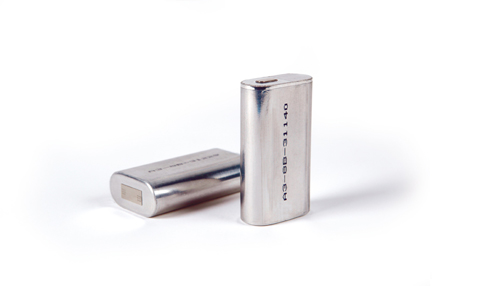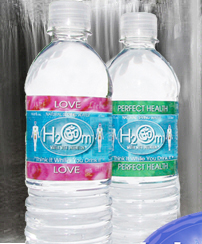
ANN ARBOR, MI — Greetings from Day Two of the Net Impact Conference. The opening keynote just finished a little over a half an hour ago and I think perhaps the most notable news to come of it was Kim Jeffery, the CEO of Nestlé Waters North America, saying industry must lead on improving US recycling systems with multi-stakeholder engagement.
Before I outline Jeffery’s strategy, here’s who sat on the stage of the University’s stunning Hill Auditorium:
Opening Keynote — From Source to Blue Bin: Extending U.S. Beverage Producer Responsibility
Kim Jeffery, CEO of Nestlé Waters North America
William McDonough, Author of Cradle to Cradle will deliver this keynote address together. The conversation will be
Moderated by Marc Gunther, Contributing Editor, FORTUNE
Jeffery was discussing Nestlé Waters’ “Extended Producer Responsibility” (EPR) initiative that essentially unites consumers, retailers and municipal governments to optimize PET recycling. EPR was established with significant input from Cradle to Cradle pioneer Bill McDonough who looked on approvingly as Jeffery described the program in greater detail.
Currently EPR is test launching in the province of Manitoba, Canada and is being 100% funded by private industry (I assume he means Nestlé Waters). Apparently the firm prices the Manitoba experiment at $0.02 per PET container of water, but believes the optimal price in the US should be $0.01/bottle.
Depending on the results in Manitoba, Nestlé Waters will begin rolling this out state by state, but not at the federal level where according to Jeffery, “The government uses beverage container redemption programs to close budget deficits.
Another interesting tidbit on PET: According to Nestlé Waters, recycled PET is valued at $0.29/pound, but given inadequate recyling in the US (Jeffery says about a 1/4 of the US consumers recycle at home), there is a market in China for the PET.
Clearly, we need to work on closing this loop and the firm is working with Bill McDonough to this end.








